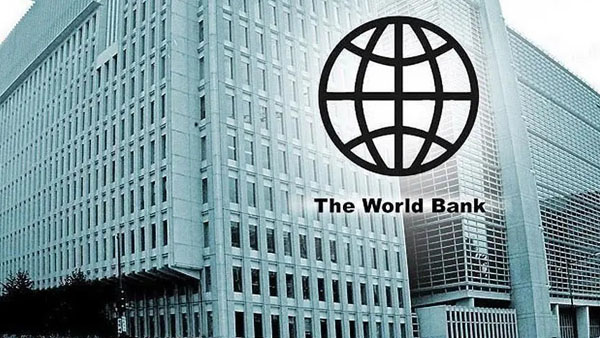Thiruvananthapuram, Oct 27 : The World Bank approved a USD 400 million (Rs 3,400 crore) financing package for Kerala’s health programme, which includes a USD 280 million loan from the Bank itself, co-financed by the state government.
About 70 per cent of the funding—USD 280 million (Rs 2,400 crore)—will come from the World Bank, with the remaining amount provided by the state government.
The project, backed by financial assistance of USD 400 million (around Rs 3,400 crore), aims to strengthen Kerala’s public health systems and improve their efficiency, a release said on Monday.
According to the statement, Kerala prepared a detailed project report and submitted it to the Centre after receiving preliminary approval in 2023.
The World Bank’s general body gave its final nod after a series of discussions between the state government and the Bank.
Health Minister Veena George said the project would bring major developments to the state’s health sector.
Designed under the Programme for Results (PforR) model, the initiative aims to ensure a higher standard of living, longer life expectancy, and to help people lead lives free from preventable diseases, accidents, and premature deaths.
The programme will bring together various departments to respond more effectively to emerging challenges, including those linked to climate change.
It also seeks to build a stronger ecosystem for preventing non-communicable diseases, enhance preparedness for new health threats, and strengthen emergency and trauma care services through an efficient 24/7 response network with ambulances and trauma registries.
The project will focus on expanding resource capacity, improving digital health applications, and increasing public spending on health. Local self-government bodies will also play a greater role, particularly in elderly care.
Kerala has already made remarkable progress in public health—especially in maternal and child health—surpassing the United Nations’ Sustainable Development Goals (SDGs) set for 2030.
However, the state continues to face new health challenges, limited public health funding, and a rising burden of non-communicable diseases.
The Health Department said the new programme would help create a modern service delivery model to address these challenges and build a stronger, more resilient healthcare system for the future. (PTI)




